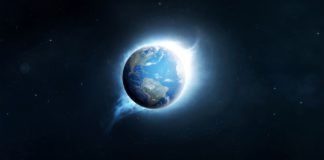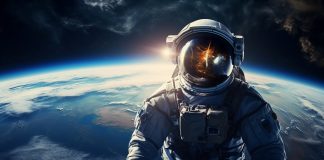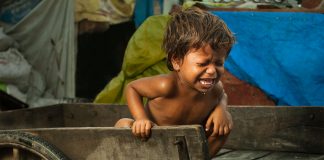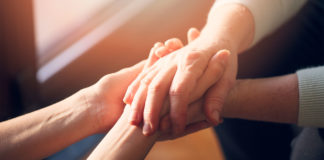Book review: Juice
In my humble but literary-educated opinion, Tim Winton is Australia’s finest living novelist. Since winning publication of his first novel in a competition for young writers in 1981, he has had 10 more novels published, as well as collections of stories, plays, books for younger readers and a handful of non-fiction works. Winton has won Australia’s top literary prize—the Miles Franklin Award—on four...
COVID-19: Rehearsal for the big surprise
There has been a lot of speculation in the online environment about COVID-19 and the end of the world, but the connection between the two is more subtle than it first appears. It has been suggested that the pandemic is only the tip of the iceberg, that it is one of the seven last plagues of Revelation, or that it is the fourth...
Vulnerability is at the heart of trust
Among the greatest disappointments of life is having our expectations unfulfilled; not by politicians, or publications that promote false news or weather forecasts, but by those close to us—people in whom we have invested our confidence.
Tangible happiness
It's intuitively inappropriate to talk about happiness when the subject is depression. But it is even more inappropriate to talk about abnormality, inadequacy or maladjustment in the same context.
Remembering the Earth landing
In 2019 we celebrated the 50th anniversary of the “great leap for mankind” Moon landing. It was an exciting, significant time in the history of our planet.
How can we prepare for a potential infection with COVID-19?
Although a small minority deny the existence of COVID-19 (claiming that it is a malicious conspiracy), most people are interested in what they can do to be as prepared as possible for a potential encounter with the dreaded virus.
Some still believe in education
Is it worth fighting for a better world? Is it worth believing that, in a world relentlessly subject to the laws of entropy, hope, good thinking, beauty will still have the chance to develop and enrich our life horizon through education? Can tomorrow's world be better than today's, when everything we hear seems to be so catastrophic, and everything we do seems to...
Be the master of your money
Money is essential in our Western world. It allows us to purchase the necessities of life—food and shelter, for instance. It pays the bills for heating and cooling. There may even be enough for some luxuries.
How (and why) to encourage your pastor
After 25 years in the ministry, during which he never once considered leaving, Pastor Tim Kuperus admits that the last three years have been difficult enough for him to consider a different path.
Searching for glow-worms
With packs and tents strapped to our backs, it took our little group of three several hours to reach the hidden valley. The lush, green rainforest was cool and damp and as we gingerly clambered over moss-covered boulders, we attempted to follow an almost non-existent track that wound its way parallel to the mountain stream.
The boots that filled a void in the soul
No matter how hard we try to hide it, there are days when we are struck by the overwhelming feeling that our lives, however beautiful and enviable, are missing something essential.
Who stole the happy endings?
"If I cut off your arm, will your husband take you again?" "My husband loves me very much." So he started cutting. "There was no alternative."
Faith that survives unanswered prayers
The greatest tragedy of life is not unanswered prayer, but unoffered prayer. – F. B. Meyer
Ship your grain across the sea…you may receive a return
When we help someone without expecting anything in return, we often forget both the recipient and the gift. But God does not forget, and fulfils—at just the right time—the promise found in the verse that provides the title of this article. He did the same in my case.
“You can be happily married to anyone if you try hard enough.” True or false?
Can you be happily married to anyone? The idea of happiness as a thing of one's own creation persists in our times, although its cultural sedimentation belongs to the modern age.


























